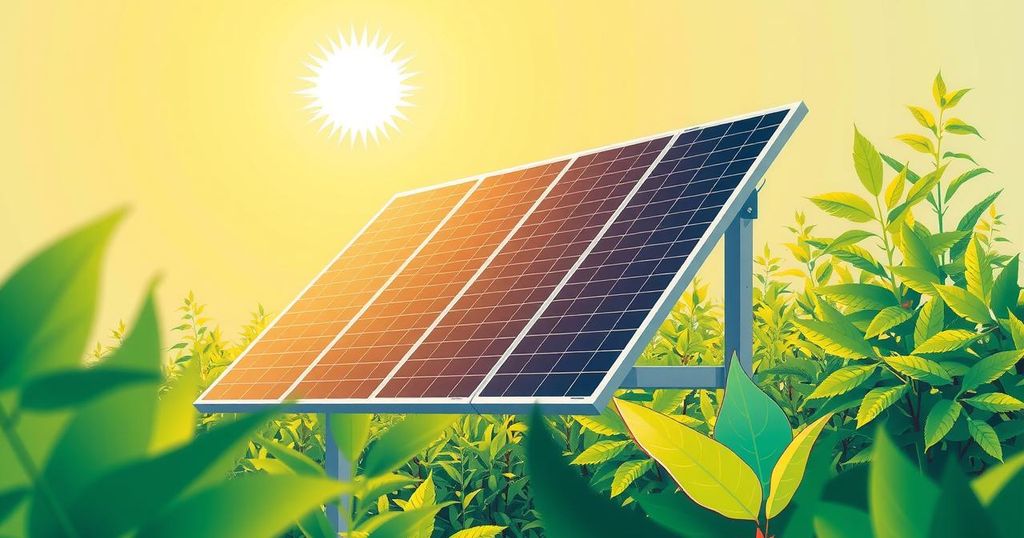In 2024, Africa reached a record high of 21 internet shutdowns across 15 countries, surpassing previous years. The shutdowns, often linked to political instability and protests, indicate a troubling trend in digital rights. The African Commission on Human and Peoples’ Rights has attempted to address this with a new resolution, but challenges persist as shutdowns worsen.
In 2024, Africa experienced a significant escalation in internet shutdowns, as recorded by Access Now and the KeepItOn coalition. The report highlighted a record 21 shutdowns across 15 African nations, surpassing the previous high of 19 shutdowns noted in 2020 and 2021. Countries such as Comoros, Guinea-Bissau, and Mauritius joined repeat offenders, including Burundi, Ethiopia, and Kenya, while also noting the involvement of non-state actors like militias in these actions.
Felicia Anthonio, the KeepItOn campaign manager at Access Now, emphasized that telecommunications and internet service providers that comply with government shutdown orders are infringing upon citizens’ rights. Anthonio referenced the UN guiding principles on business and human rights, illustrating the grave implications of these shutdowns.
The majority of internet blackouts were attributed to responses to political instability, protests, conflicts, and election periods. The global trend mirrored this increase, with a total of 296 shutdowns recorded across 54 countries in 2024, a rise from 283 shutdowns in the previous year, indicating a troubling global pattern since Access Now began documenting these events in 2016.
The report indicates a concerning narrative: “Behind each of the 1,754 shutdowns since 2016 is a story of people cut off from the world… often during political upheaval, unrest, violence and war.” Additionally, as of late 2024, Africa had at least five shutdowns lasting beyond one year, exemplified by Meta’s restrictions in Uganda and the complete service cuts on Annobon island in Equatorial Guinea following a protest in August 2024.
In response to these alarming trends, the African Commission on Human and Peoples’ Rights adopted a significant resolution in March 2024 aimed at countering such occurrences. However, Anthonio noted the ongoing regression in internet access despite this initiative, highlighting an increase in election-related shutdowns across Africa. She remained cautiously optimistic, observing that the resolution had provided a framework for advocacy against harmful shutdowns, evidenced by reversals of shutdown orders in countries like Mauritius and South Sudan as of January 2025.
The record high of internet shutdowns in Africa during 2024 serves as a critical indicator of the increasingly precarious situation regarding digital rights. The report by Access Now and the #KeepItOn coalition underscores the need for urgent advocacy against such infringements, particularly in light of recent events correlating shutdowns with political turmoil and elections. While initiatives like the ACHPR resolution offer some hope, the continued rise in shutdowns suggests a significant challenge remains in ensuring consistent internet access as a fundamental human right.
Original Source: www.theguardian.com




